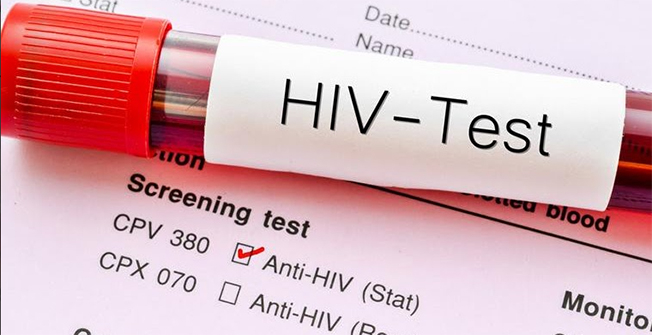
In May 2025, the Ishtikhan District Court of Uzbekistan concluded a criminal case involving the intentional endangerment of others through the transmission of HIV. The proceedings were held in closed session and resulted in a conviction under Part 4 of Article 113 of the Uzbek Criminal Code, which pertains to the knowingly infecting others with HIV/AIDS.
The defendant, a woman from the Samarkand region, had been officially diagnosed and registered as HIV-positive in 2009. She was formally warned by health authorities at the time about the legal consequences of transmitting the virus to others. However, in late 2023 and early 2025, she engaged in unprotected sexual relations with two individuals without disclosing her health status, thereby exposing them to the risk of infection.
Both individuals later filed complaints upon learning of her diagnosis. Medical evaluations indicated neither victim contracted the virus. Nevertheless, the court found the defendant’s actions constituted a deliberate and serious threat to public health.
During the trial, the defendant admitted guilt, expressed sincere remorse, and provided context including her family responsibilities and lack of prior convictions. The victims indicated that they held no material or moral claims and requested leniency.
Considering these mitigating factors—and the possibility of rehabilitation without imprisonment—the court imposed a sentence of four years of restricted liberty to be served at her place of residence. Additional restrictions include:
-
Prohibition from visiting public establishments like cafes and bars,
-
Restrictions on relocating or leaving the region without authorization,
-
Continued supervision by local law enforcement.
The court also canceled the previously imposed bail condition and ordered the return of the deposited amount.



